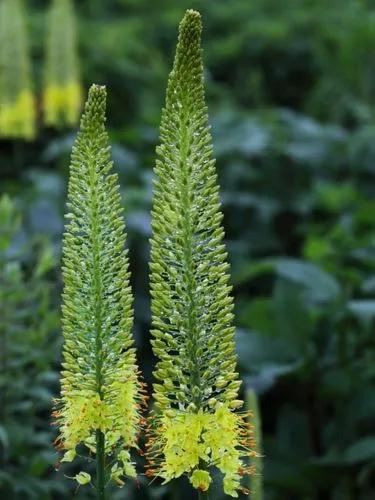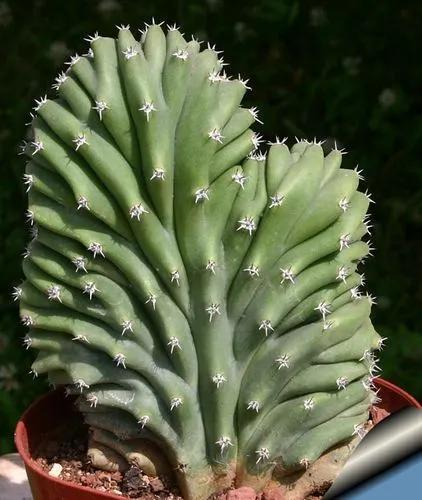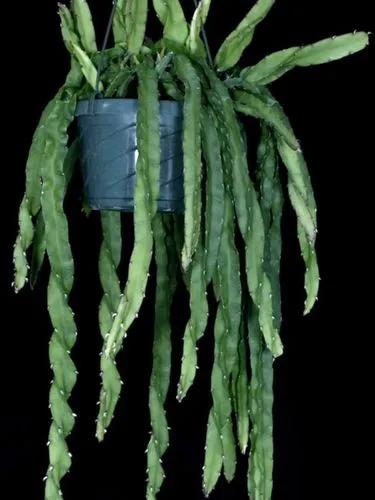The saguaro is a tree-like cactus species in the genus Carnegiea which can grow to be over 40 feet tall. It is native to the deserts of Arizona, Mexica and California. The saguaro blossom is the state wildflower of Arizona.
Sage-of-the-desert Care
Carnegiea gigantea



The giant saguaro, Carnegiea gigantea (Occasionally misspelled "Carnegia"), is long popular because of its immense size and unique architecture is, perhaps, the more famous of all cacti. It is the most well-known of a group of spectacular columnar cacti from the Sonoran Desert that includes the cardons, the organ-pipe cactus and senita. A saguaro's growth is extremely slow. After 15 years, the saguaro may be barely 30 cm tall tall. At about 30 years saguaros begin to flower and produce fruit. By 50 years-old the saguaro can be as tall as 2 m. After about 75 years on average, it may sprout its first branches, or "arms".
How to Care for the Plant

Water

Water regularly in summer but do not overwater (very wet-sensitively, especially in light of its succulent root system) and allow to dry fully before watering again. Its roots are easily lost in pots that stay damp for any length of time. It should not be watered at all in winter. In the rest period no high atmospheric humidity. Care must be taken with watering as they tends to become swollen and untidy in growth habit if given too much water and shade.

Fertilizer

Annually fertilizing with cactus food in spring will help the plant complete its growth cycle.

Sunlight

Provide light shade when the cactus is young, opt for full sun later. Outside, it likes strong sunshine but is tolerant and do well with light shade during the hot summer months. Inside it needs bright light and some direct sun. Tends to bronze in strong light which encourages spine production.

Soil

It needs regular cacti soil with little organic matter like peat or humus.

Temperature

The cactus is reputedly sensitive to frost but less so if kept on the dry side prior to and during cold weather (hardy to -5°C for short periods). However, some warmth throughout the year will increase the grower's success (minimum 5° to 8°C during rest season).

Container

Since they are big-sized plants, they need plenty of space for their roots. Repotting should be done every other year, or when the plant has outgrown its pot. Use pot with good drainage.

Popularity

1,433 people already have this plant 202 people have added this plant to their wishlists
Discover more plants with the list below
Related articles






